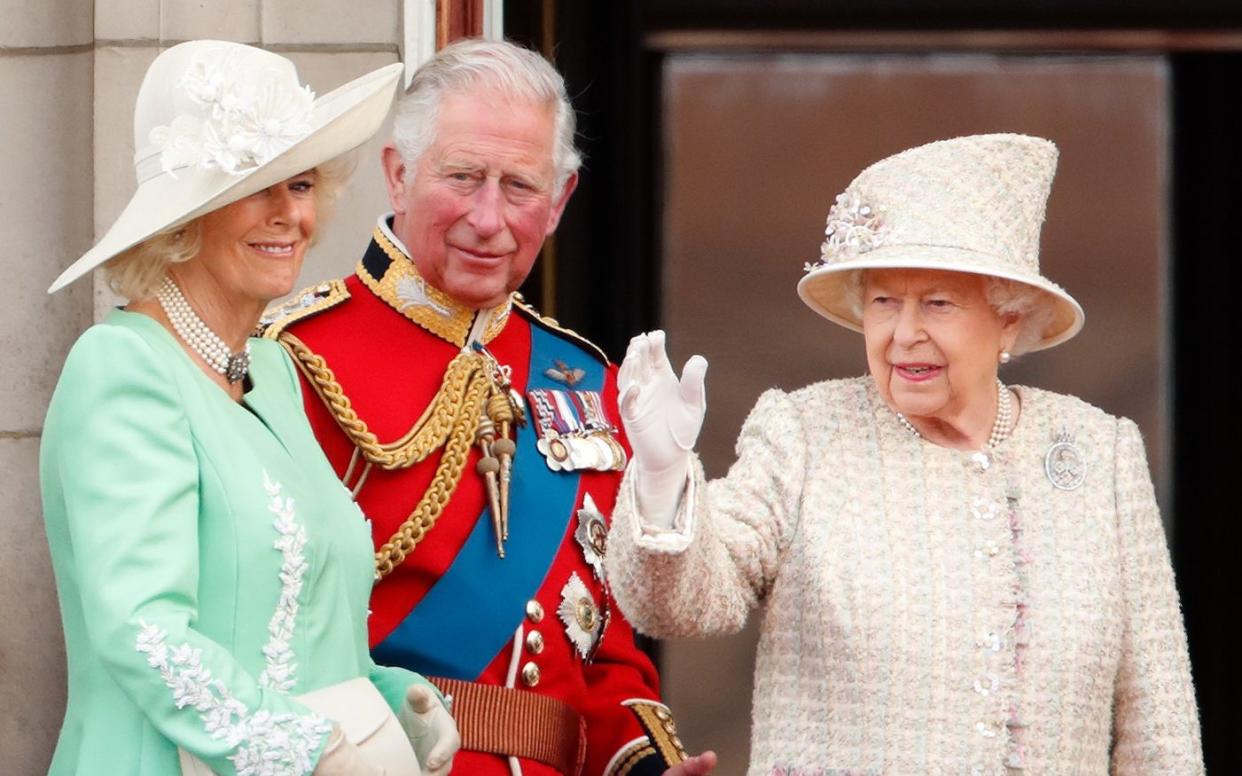King Charles wealthier than late Queen, rich list reveals

The King has an even bigger personal fortune than Elizabeth II held, according to a list ranking the richest people in Britain.
The King’s wealth is £600m, nearly double the £370m in assets held by the late Queen last year. He ranked 263rd on the annual list of the UK’s richest people, coming ahead of Sir Elton John and the Beckhams, according to The Sunday Times Rich List.
Royal holdings include 130,000 acres, 260 farms, the Oval cricket ground in south London and the land Dartmoor’s prison was built on.
Before he became King, Charles III oversaw the Duchy of Cornwall – a royal estate typically looked after by the heir to the throne. He has now handed this over to his son, the Prince of Wales. As the reigning monarch, the King has inherited the Duchy of Lancaster estate from his late mother.
While he was overseeing the Duchy of Cornwall, the King increased its profits by 43pc to £25.4m between 2011 and 2022, increasing its value by nearly 50pc to £1.04bn, according to the rich list.
The King reportedly became very prudent after his finances took a hit from his £17m divorce settlement from Diana, Princess of Wales in the 1990s.
He reportedly makes frugal choices, such as wearing suits and shoes that are years old and meticulously switching off lights, which are also linked to his environmental concerns.
In an interview with Vogue, he previously said he hates throwing anything anyway.
The King’s estate included the Duchy Originals brand, which he launched in 1990 to sell produce from his Highgrove House estate at retailers Harrods and Fortnum & Mason. This has now passed to the Prince of Wales.
The Duchy range of products expanded to include biscuits, beer, herbal medicine and garden tools, later being sold in Waitrose.
The profits from these products went to his charitable fund.
The King has also been involved in housebuilding, funding sustainable development projects on the outskirts of Dorchester in Dorset and in Cornwall.
The Duchy has nearly doubled its revenues from renting commercial properties in places such as London, Milton Keynes and Cornwall, to £17.6m during the last decade – more than a third of its revenue.
However, the bulk of royal wealth is not personally owned by the King or any of the Royal family.
Strict rules meant the King was only allowed to spend the Duchy of Cornwall’s annual profits and had to get Treasury approval to sell any asset worth more than £500,000. He was not allowed to personally bank capital gains from property sales owned by the Duchy of Cornwall.
As King, he now owns the Crown Estate but only “in the right of the Crown”, so he can only get 25pc of its profits back from the exchequer. He also cannot sell its assets.
The King’s personal fortune, estimated by the Sunday Times, is greatly derived from two large assets he personally owns: Sandringham in Norfolk and Balmoral, passed down to him from the late Queen.
Sandringham is estimated at £245m, according to Strutt & Parker estate agents.
In the hands of the royals for more than 160 years, Sandringham has 20,000 acres of land, 300 buildings including a grade II listed mansion, and orchards which are used by the Sandringham Apple Juice company. Visitors can pay for £160 safari tours.
The main residence alone was valued at £55m by property firm McCarthy Stone last year.
Balmoral is worth around £210m, according to the rich list.
Above the King at the top of rankings are billionaire Gopi Hinduja and his family, followed by Ineos chief executive Sir Jim Ratcliffe and business mogul Sir Leonard Blavatnik.
Elsewhere, Sir Richard Branson’s wealth has dropped by £1.8bn in a year as the tycoon’s space flight dreams came crashing back down to earth. The British billionaire saw the value of his fortune tumble by more than 40pc over the last year, the list reported.
Prime Minister Rishi Sunak and his wife Akshata Murty saw their joint wealth plunge by more than £200m in the past year, from £730m to £529m. Ms Murty has seen the shares she owns in her father's company, technology firm Infosys, lose value.


